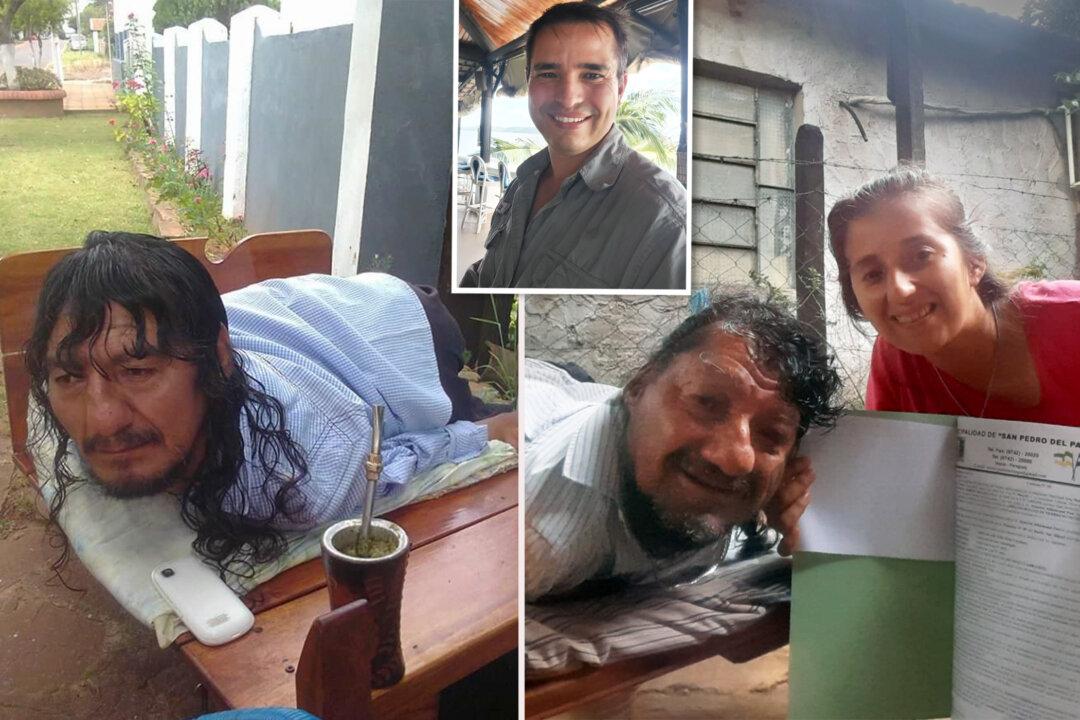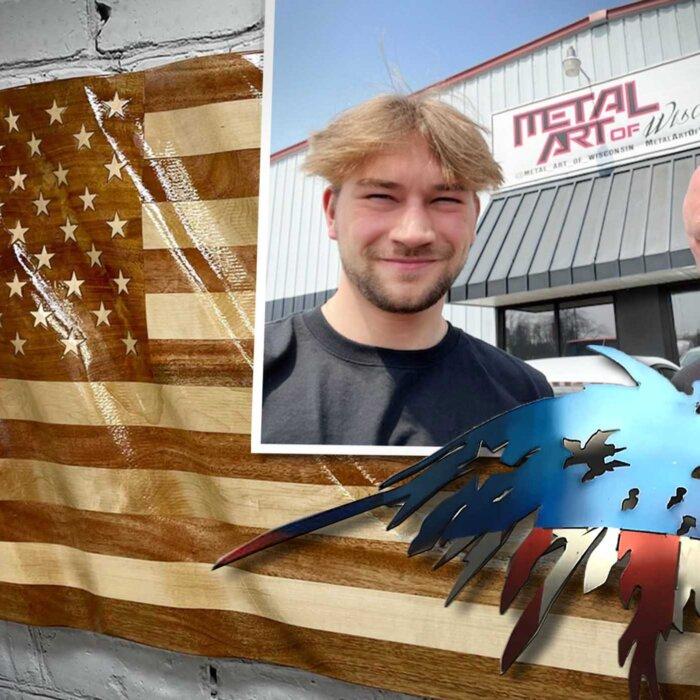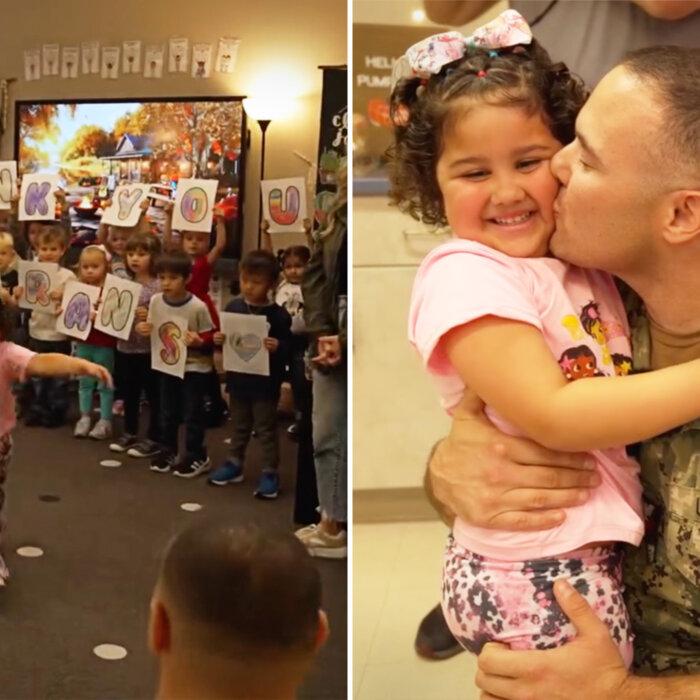After reading a story about a single father in Paraguay with no arms or legs who raised his daughters alone after their mother abandoned the family, an American missionary living in Africa felt compelled to help. After a four-month fundraising drive, the missionary was able to call the father with amazing news: his rented home now belonged to him, forever.
43-year-old Kyle Johnson is currently working on clean water projects in eastern Africa with his wife, Anna Johnson, a nurse who works with children with severe disabilities, and their three kids: Josephine, 13, Collin, 11, and Charlotte Rose, 9. The family moved to Africa from their home in Sequim, Washington, after the pandemic.
“When things were really bad, we just had to reassess our life ... and we decided to do some mission work,” Mr. Johnson told The Epoch Times.
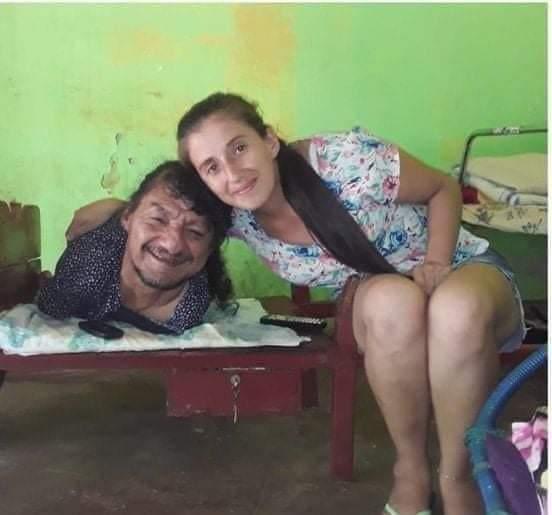
Mr. Acuña was born with a limb deformity, causing his arms and legs to not grow properly, but has never let that hold him back from being a happy, grateful father of two daughters. He has raised them since they were infants with the help of his mother, now 94, and both girls are now in their 20s.
“My dad is incredible,” Mr. Acuña’s daughter Elida said. “He is a very wonderful person, he is always seen with a smile; never have I seen him depressed.”
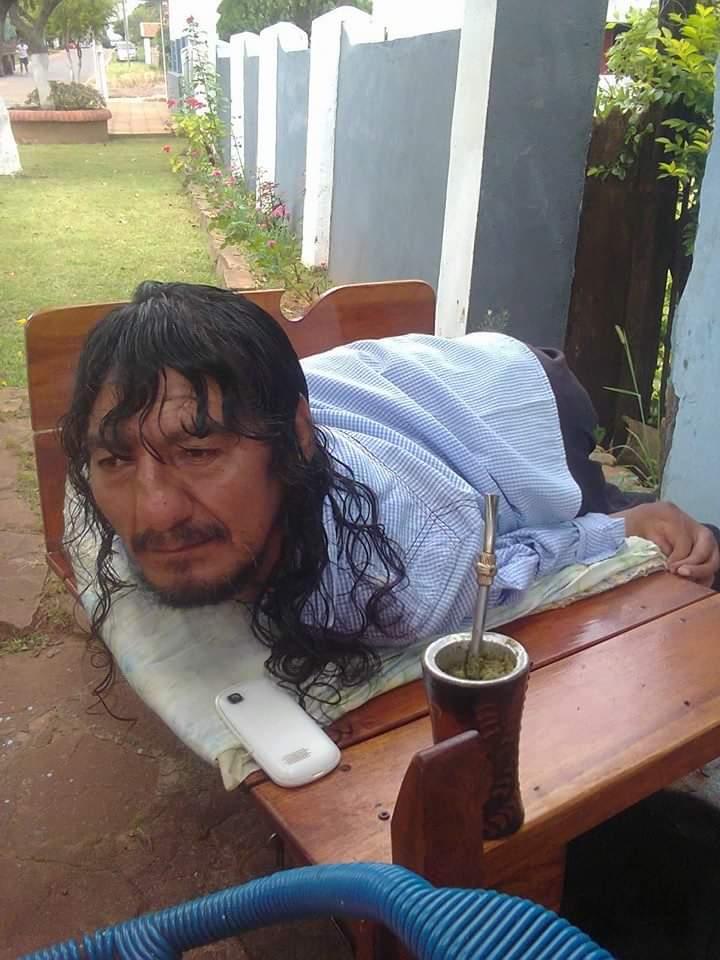
When Mr. Johnson read that Mr. Acuña didn’t have a desire for anything but just wished to have his own house, he felt compelled to do something.
“He didn’t ask for anything, he just mentioned it,” Mr. Johnson said. “I couldn’t get it out of my head. I kept thinking about him and his family at night. And it wouldn’t go away. I kept reading in the comments section of the article, and everybody’s like, ‘People should do something, we should help this guy out,’ but nobody was doing anything.”
Although he didn’t have any reason to help someone in Paraguay, Mr. Johnson said: “I told Anna, ‘I just feel like I have to do this,’ and she’s like, ‘Well, that’s God telling you to do it, so you better listen.’”
Mr. Johnson got in touch with Mr. Acuña’s daughter and researched the cost of the home in Paraguay: 90 million Paraguayan Guarani ($12,500). When he told the Acuñas that he wanted to raise the funds to buy their home, both father and daughter were moved to tears.
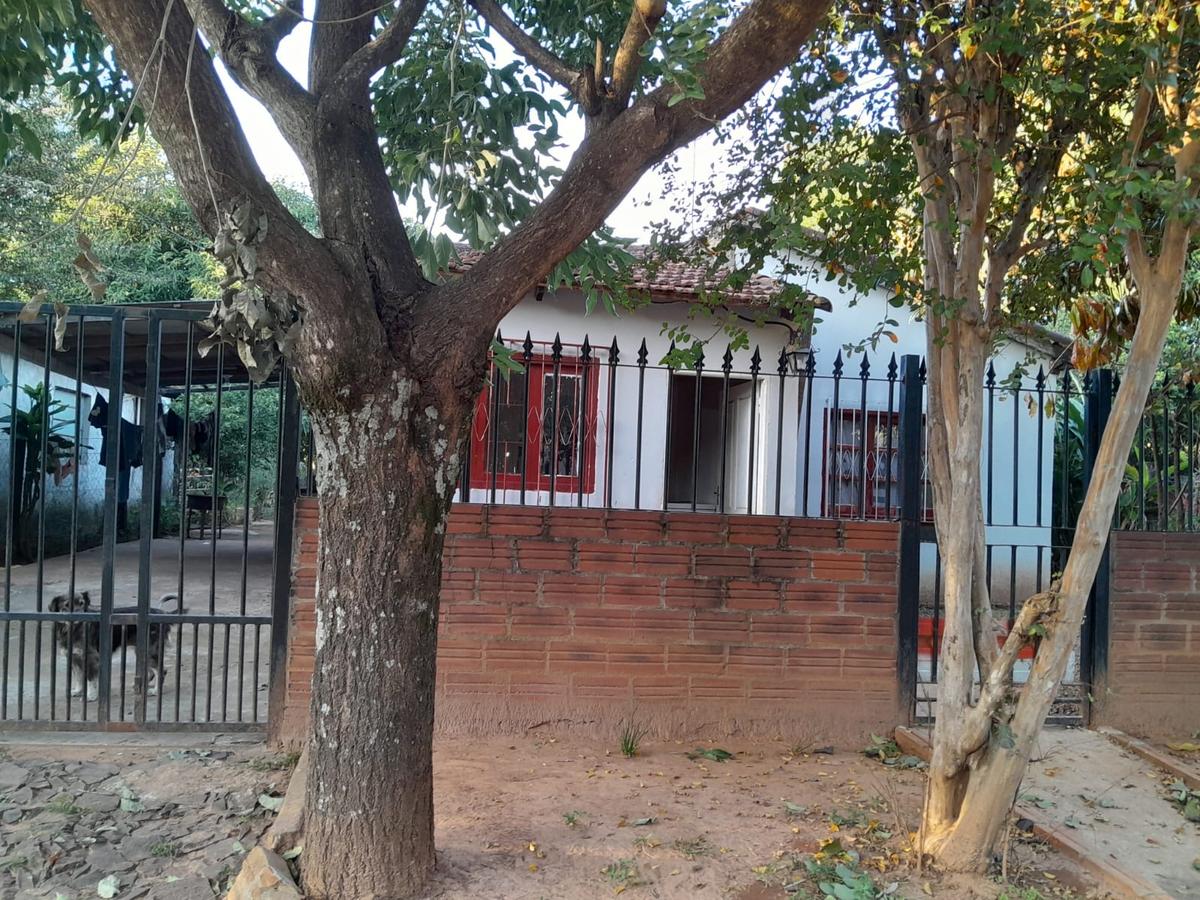
“They were just like, ‘Hey, if God wants us to get a house, we’ll get a house,'” Mr. Johnson said. “He’s so faithful. They were just grateful.”
Throughout the process, Mr. Johnson said, there was a lot of trust.
“I had to trust who they were, they had to trust who I was, and then they had to trust in the person they were buying the house from,” Mr. Johnson said.
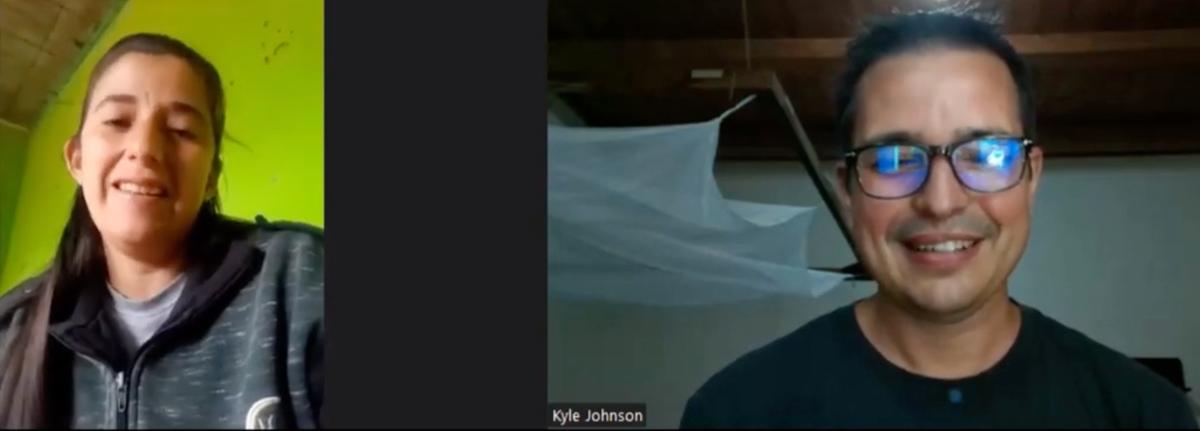
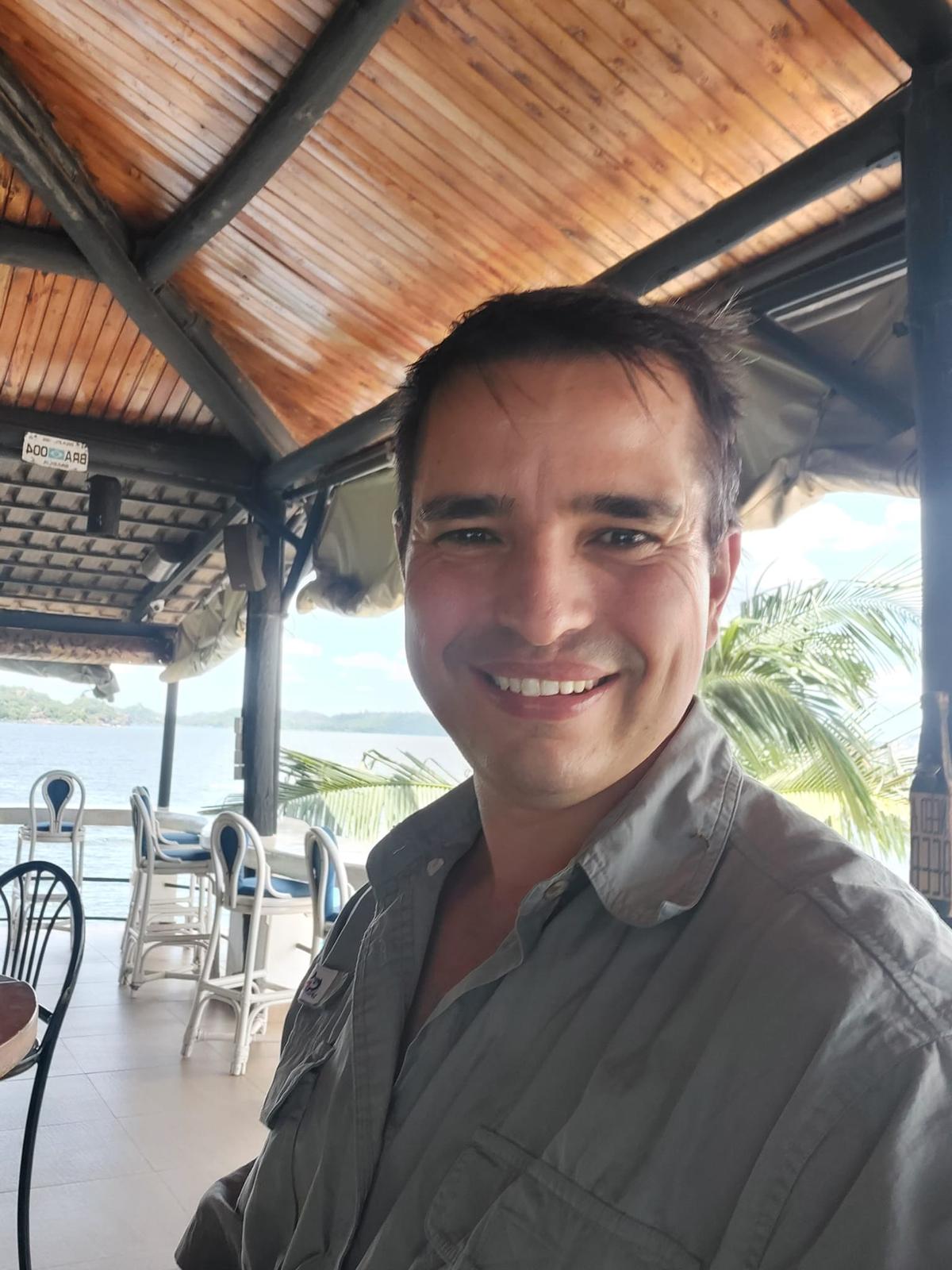
Despite Mr. Johnson’s initial fears, the donations rose steadily. However, the missionary hit a roadblock when he tried to transfer the funds to Mr. Acuña in Paraguay as the bank wouldn’t release the money.
“I looked up their policy,” Mr. Johnson said. “It was discrimination ... because he’s poor, and he’s handicapped, they couldn’t believe that somebody from the United States was sending him money so he could buy a house.”
But Mr. Johnson persisted and fought for Mr. Acuña, sending letters and emails to the bank and finally securing the permission of the CEO to release the funds. On Dec. 6, the Acuñas received the key and deed to their home.
“The cool thing is, they'll have that house in their family forever. I mean, that house is a ticket to the middle class for the children,” Mr. Johnson said. “They sent me pictures, and they showed me a video on a Zoom call. They’re very, very happy!”
Sharing the good news on the GoFundMe page, Mr. Johnson wrote: “Pablo hasn’t had a lot of breaks in life. This one, I believe, was divinely inspired.”
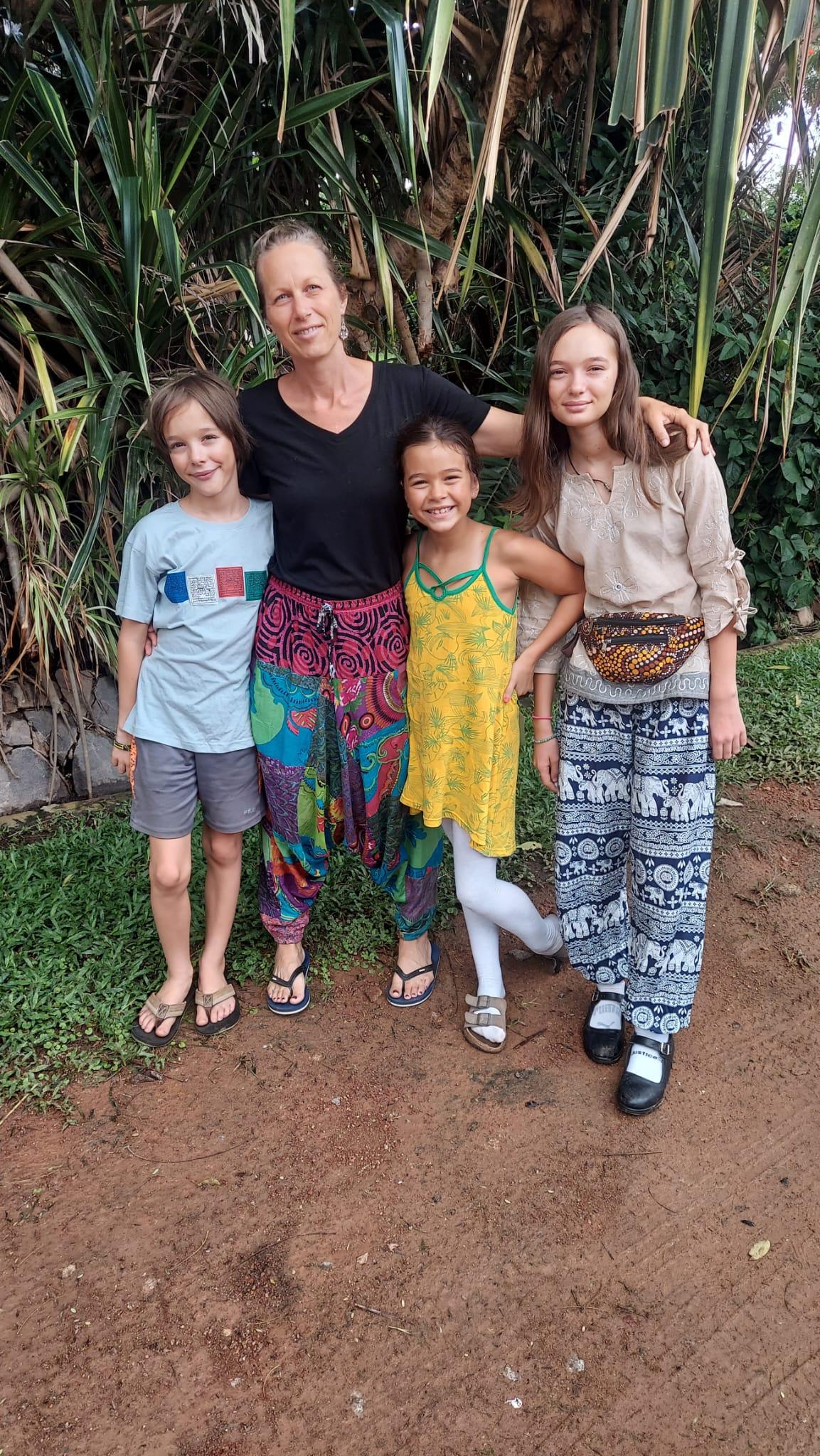
“There’s a lot of need in the world,” Mr. Johnson told The Epoch Times. “I think people could do good wherever they live, but, for whatever reason, we felt called to go abroad, and in Africa, the need is very great. There’s a level of poverty here that most people from the U.S. can’t imagine.”
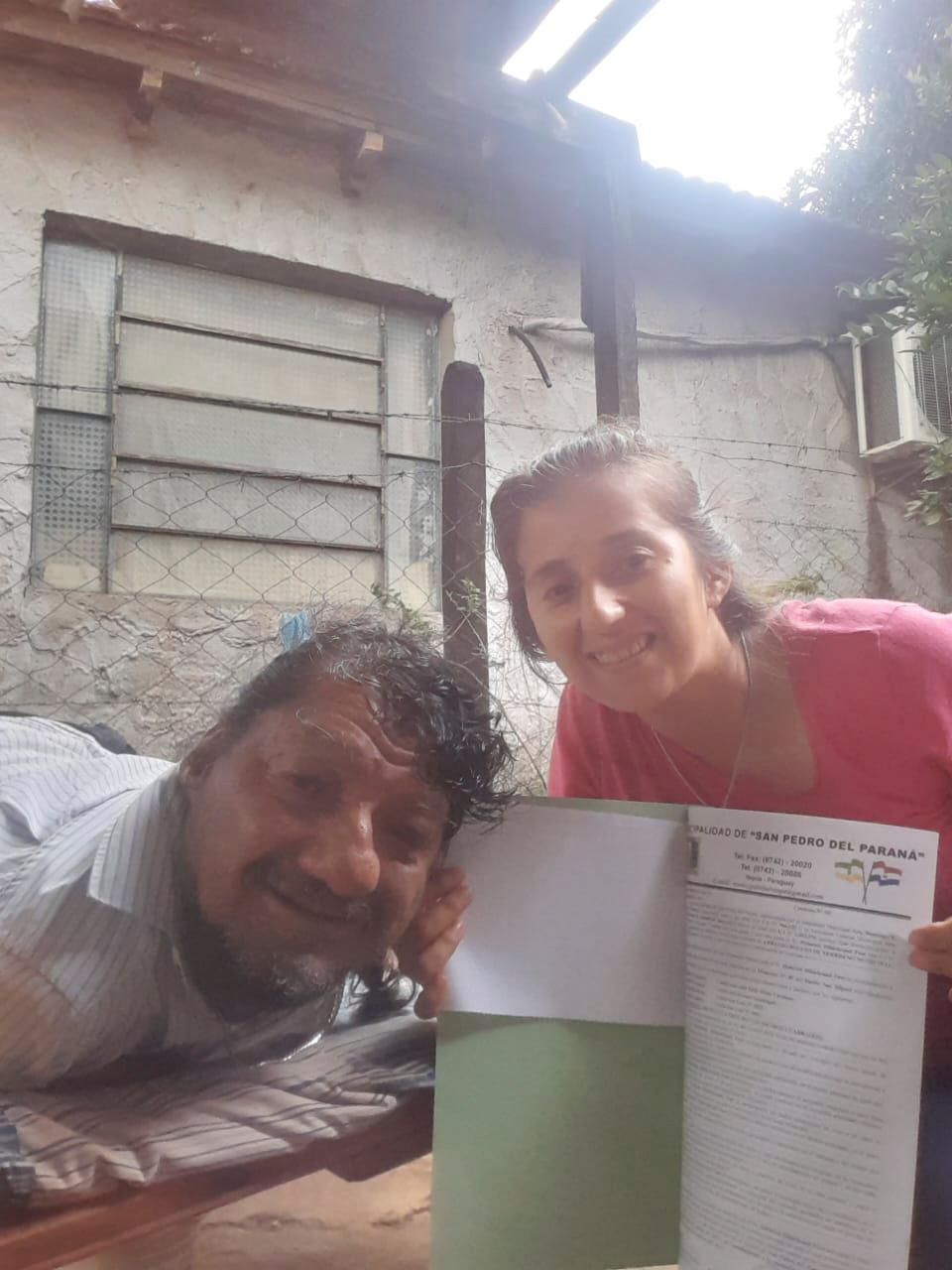
Urging others to reach out to help people in need, Mr. Johnson said: “People sometimes get overwhelmed. They think that helping is complicated. I think that when they do [decide to help], they just need to listen, and they will be inspired and guided to do what’s right.”

